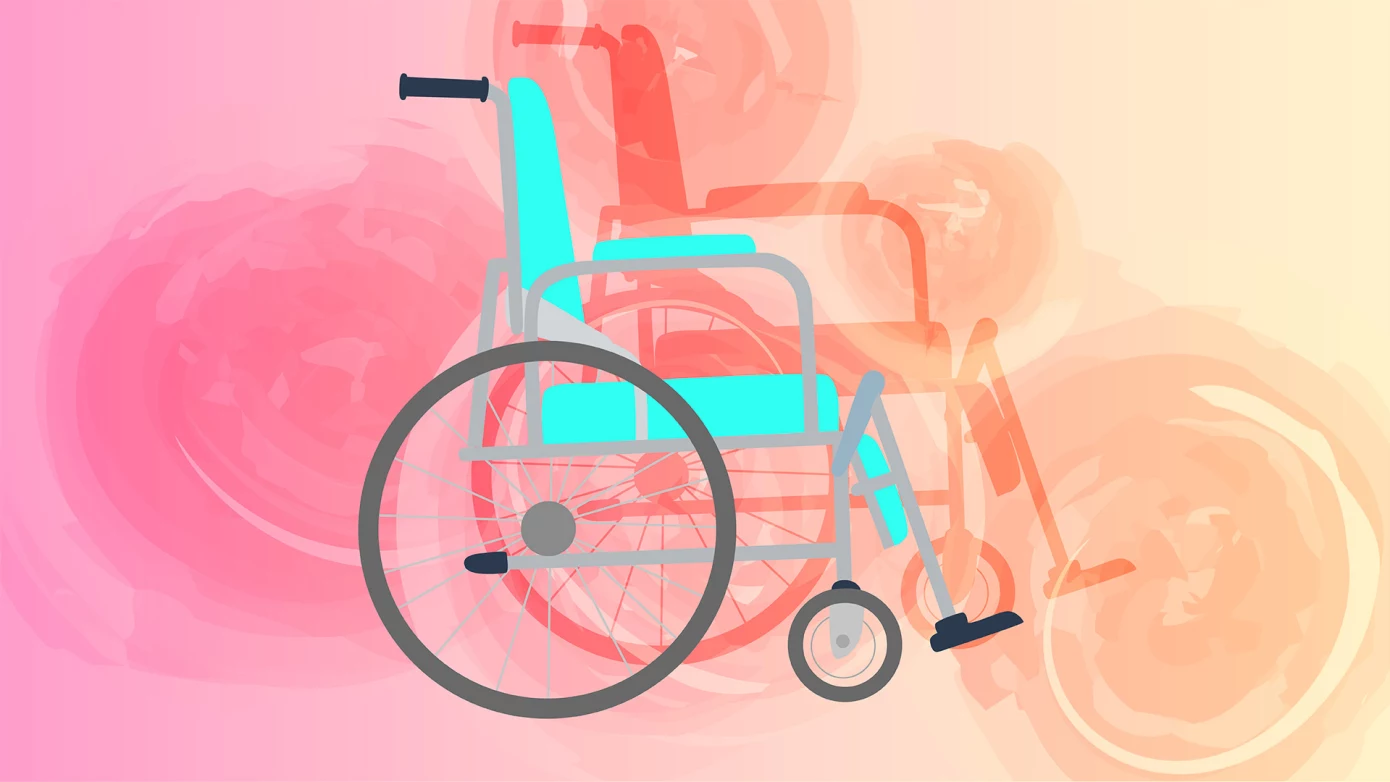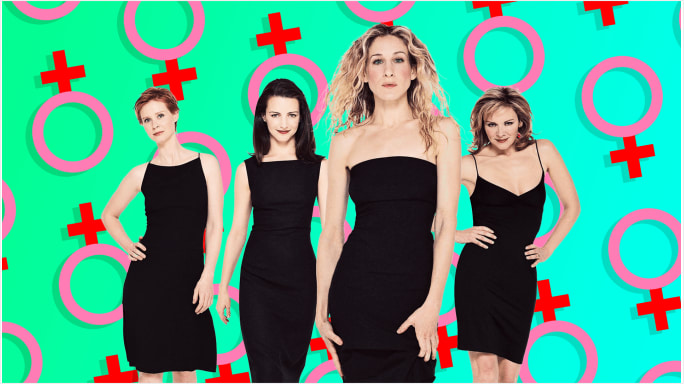People with disabilities have periods too, & we need to talk about that
I remember the first time I got my period. It was 1995, and I was just 13. My mom, on her way out the door to a meeting, rushed into the bathroom and matter-of-factly helped me put a pad on and said, “We can talk more about this when I get home!”
But surprisingly, we didn’t need to talk more. I’d learned all about menstruation in junior high health class, so I knew what to expect. And honestly, compared to my physical disability and the 20-plus surgeries I’d had, a little bleeding once a month seemed like a piece of cake.
Well, until it wasn’t.
A couple of years ago, my periods became very heavy and very irregular. It wasn’t until then, after having a monthly visitor for some 20 years, it finally hit me: Having your period as a woman with a physical disability presents its own set of unique — and sometimes frustrating — challenges.
So why was I just coming to this realization now, I wondered? For one thing, how women deal with having their period while also living day-to-day with a disability isn’t something that’s openly talked about. Women with disabilities aren’t automatically included in that conversation, but it’s important they are included. Here are three things I wish people knew along with a surprising side effect I never expected…
There’s a whole range of logistics to figure out
Periods are inconvenient, period (pun intended…). They can show up unexpectedly and are just generally uncomfortable, but I’ve found that my disability adds another layer of logistics to the equation. I physically need help with day-to-day tasks, such as bathing, dressing and cooking; my period is no exception. Because I need someone to help me, especially when I have my period, I have to plan activities around my cycle and make sure that if I go out during that time, someone will be with me to help.
There are some uncomfortable days of sitting
I use a wheelchair and can only walk short distances with a walker, so I spend most of the time sitting. When I get my period, those endless days of sitting (hello, cramps!) can be pretty uncomfortable. Plus, my limited mobility makes exercise difficult, which makes relieving those cramps even harder.
There are limitations when it comes to products
I’ll be the first to admit that my physical disability has given me quite the unique body. And truth be told, period products have never really been disability-friendly. Tampons are out of the question for me because of my physical limitations, so I must rely on pads exclusively. I can’t help but feel like I’m still living in the Dark Ages every time I’m forced to wear one of those bulky pads. Modern medicine and science have come a long way; you’d think products for women with disabilities would have too.
And a surprise bonus
And… the surprising positive? Every month, my period reminds me that my body is still normal. For me, part of being disabled has meant coming to terms with the fact that my body isn’t normal and never will be. My legs and hands are deformed. I have surgical scars all over. And my legs and back are fused, which makes moving quite the experience.
Over the years, I’ve come to view my body as just different — not different in a bad way, but certainly not like anyone else’s. But thanks to my monthly visitor, I don’t feel as different from other women my age. As odd as that sounds, I feel like I’m included for once instead of standing on the outside and looking at other people’s lives, lives that are so different from mine. Maybe I’m not so abnormal after all. Now, if only someone would invent an alternative to those bulky pads…
Cover image courtesy of Getty Images.
Originally published on SheKnows.




comments